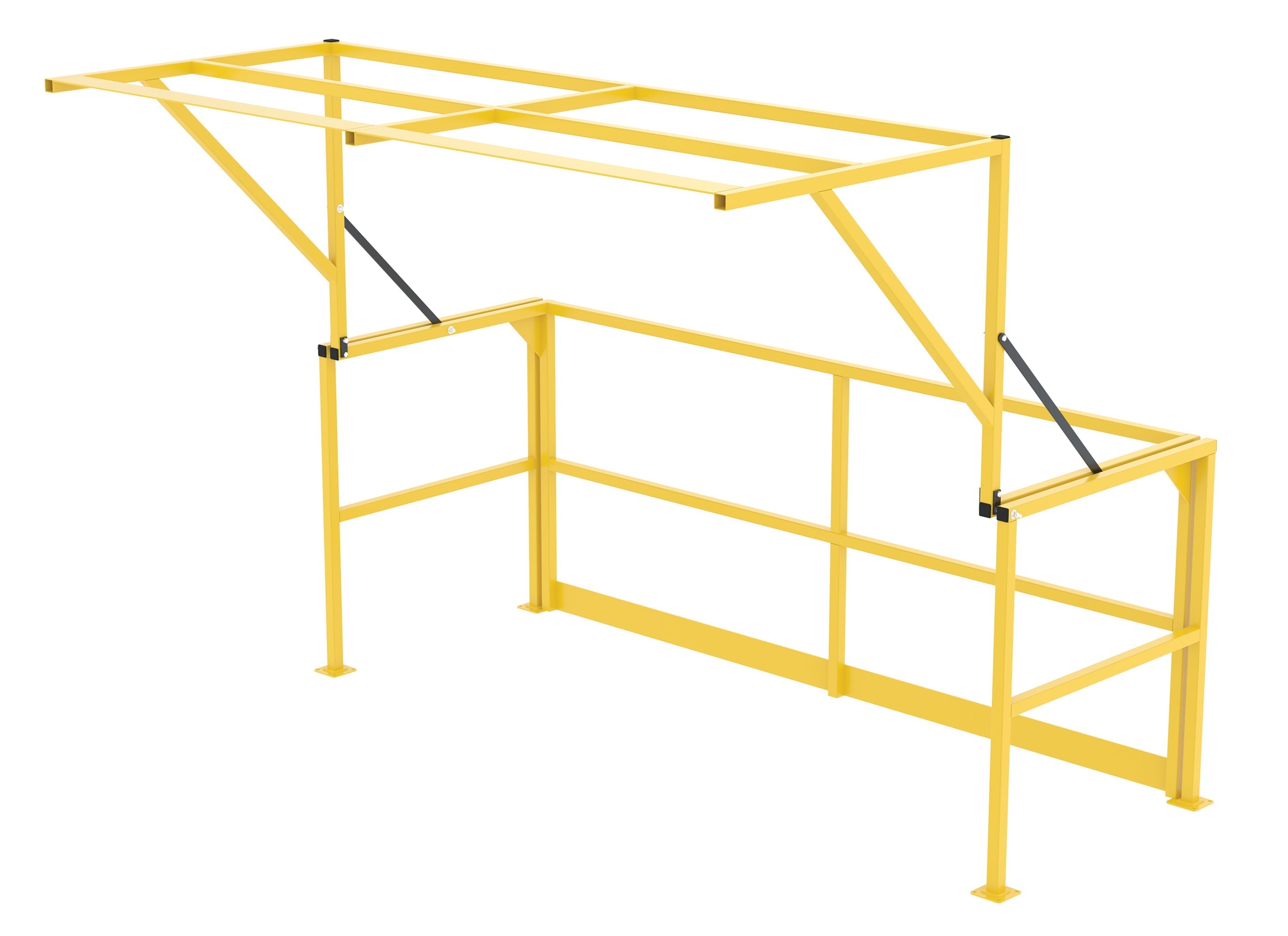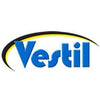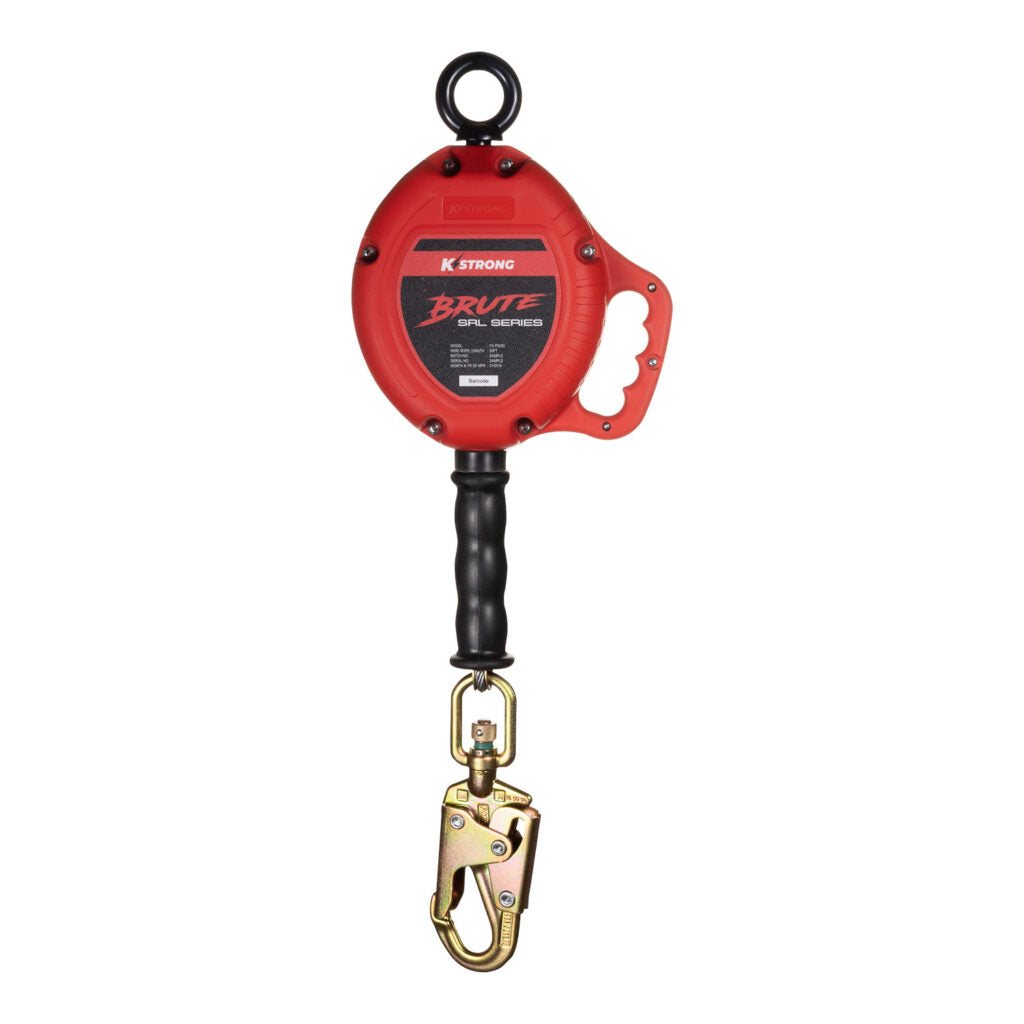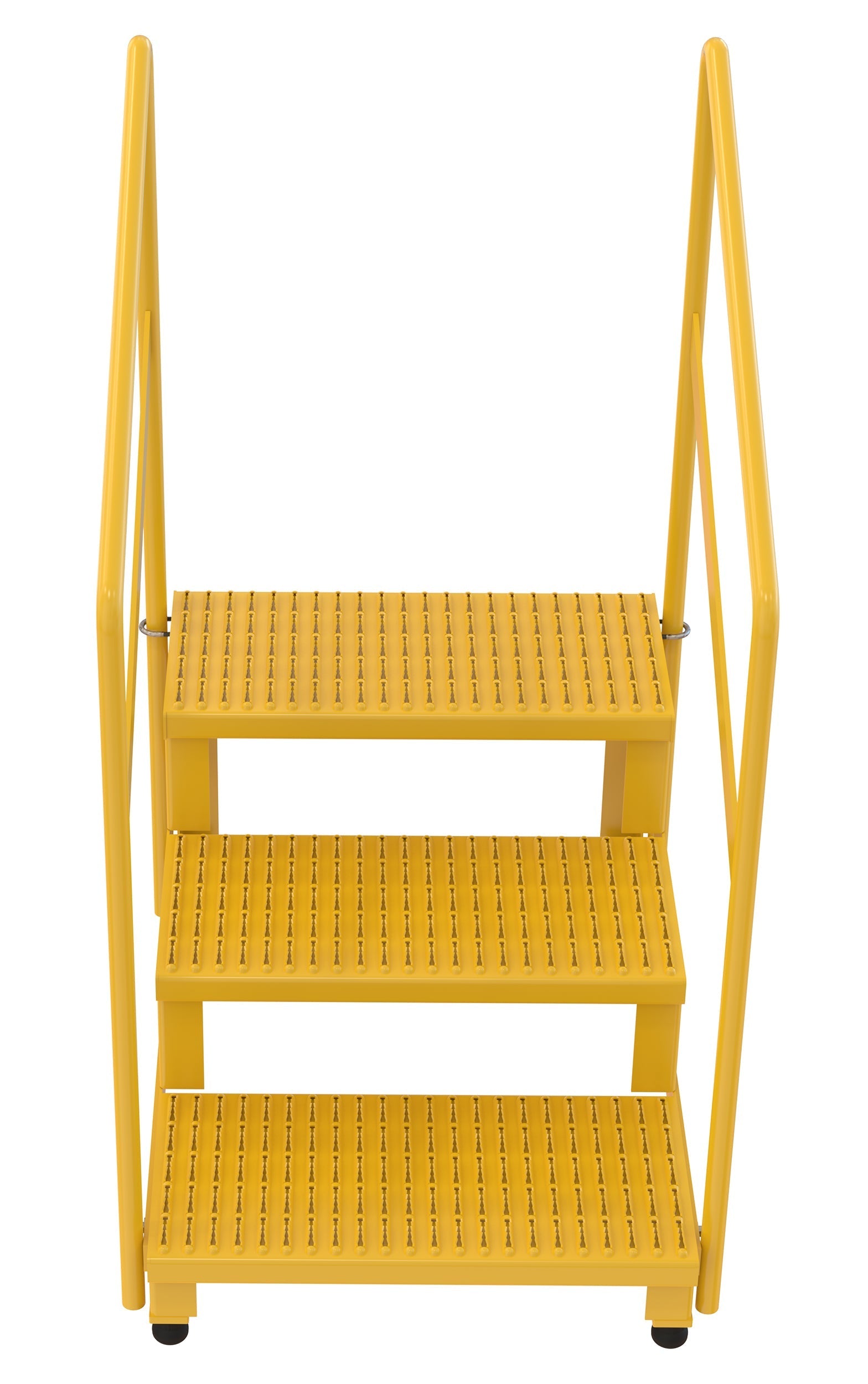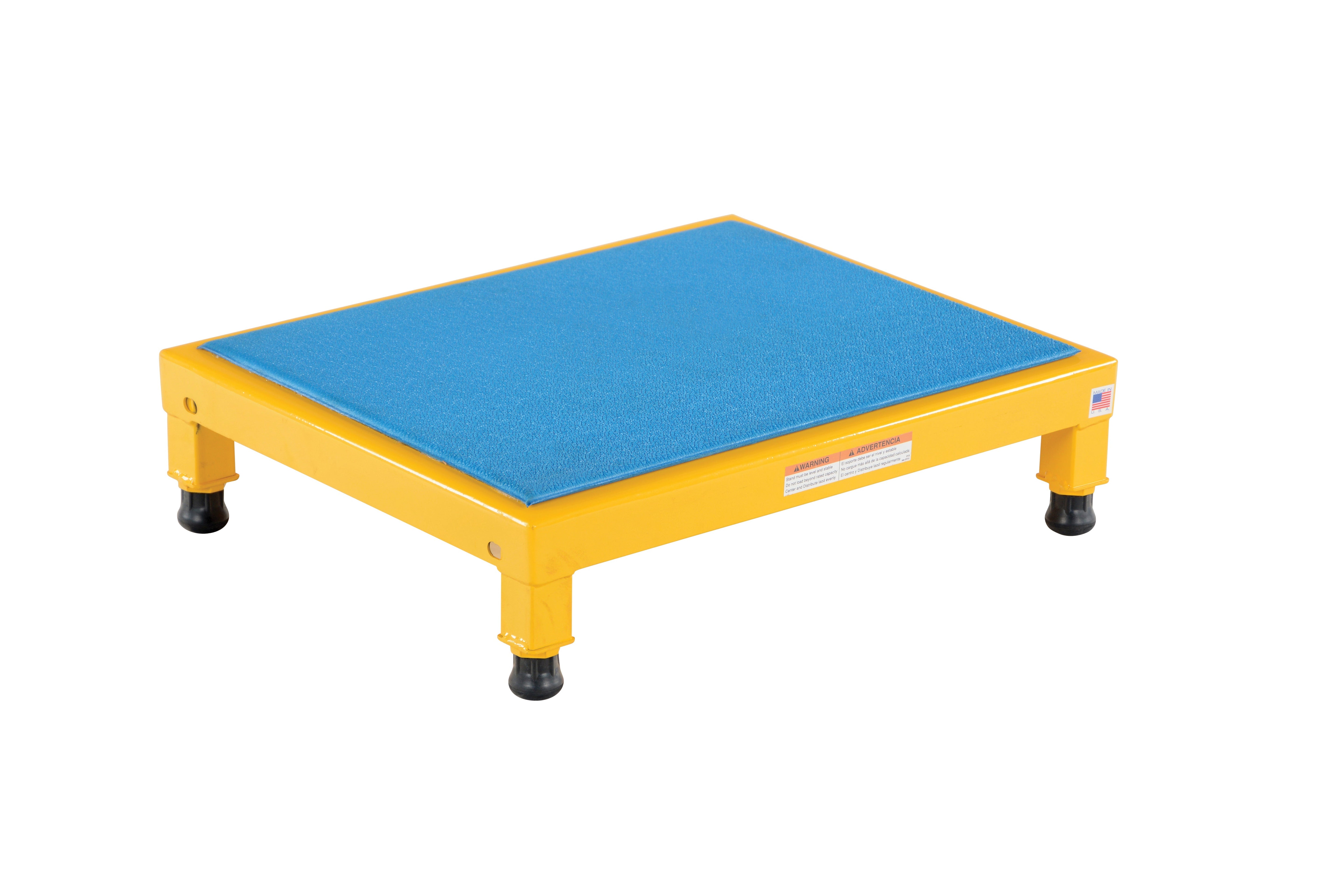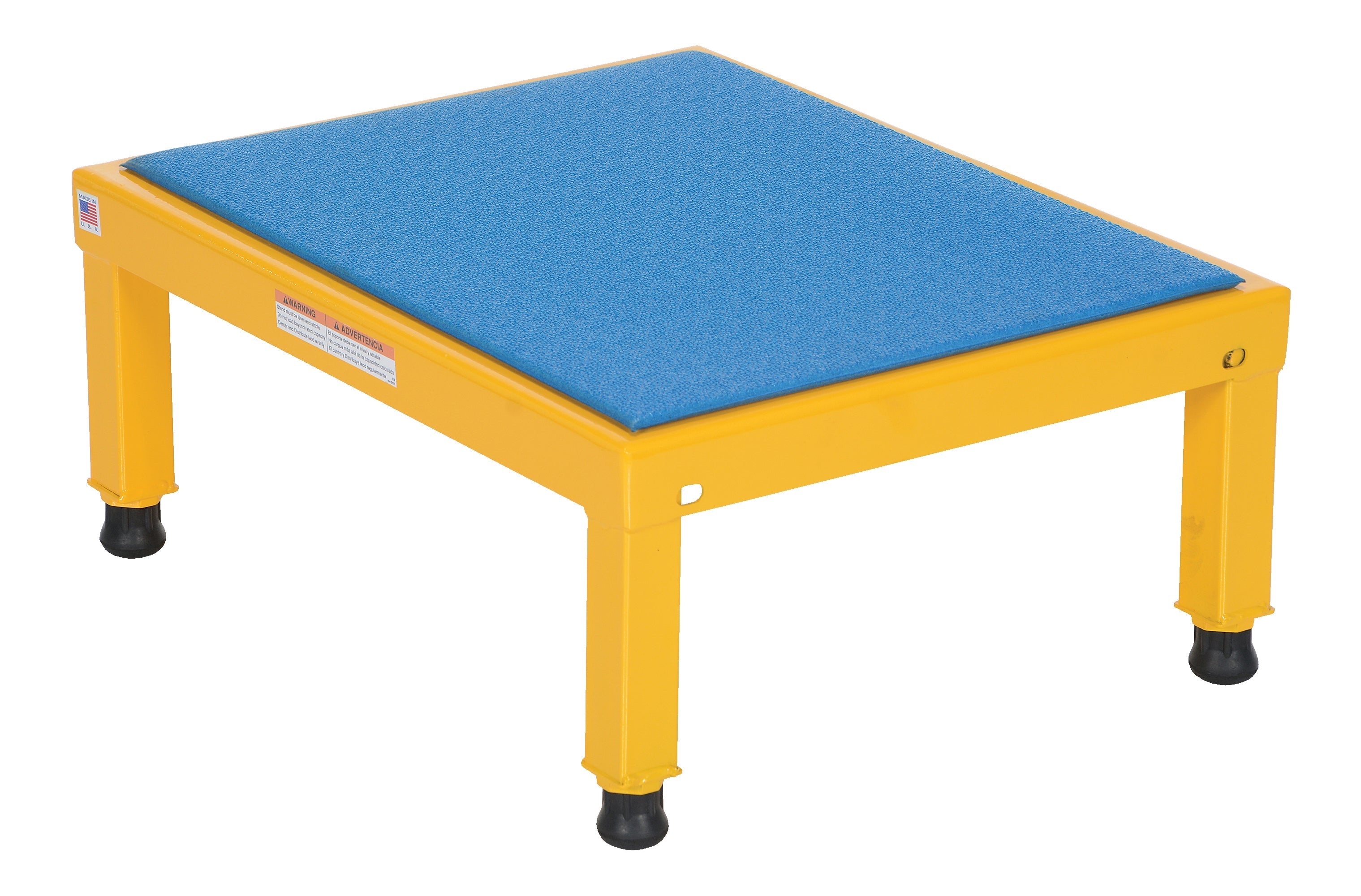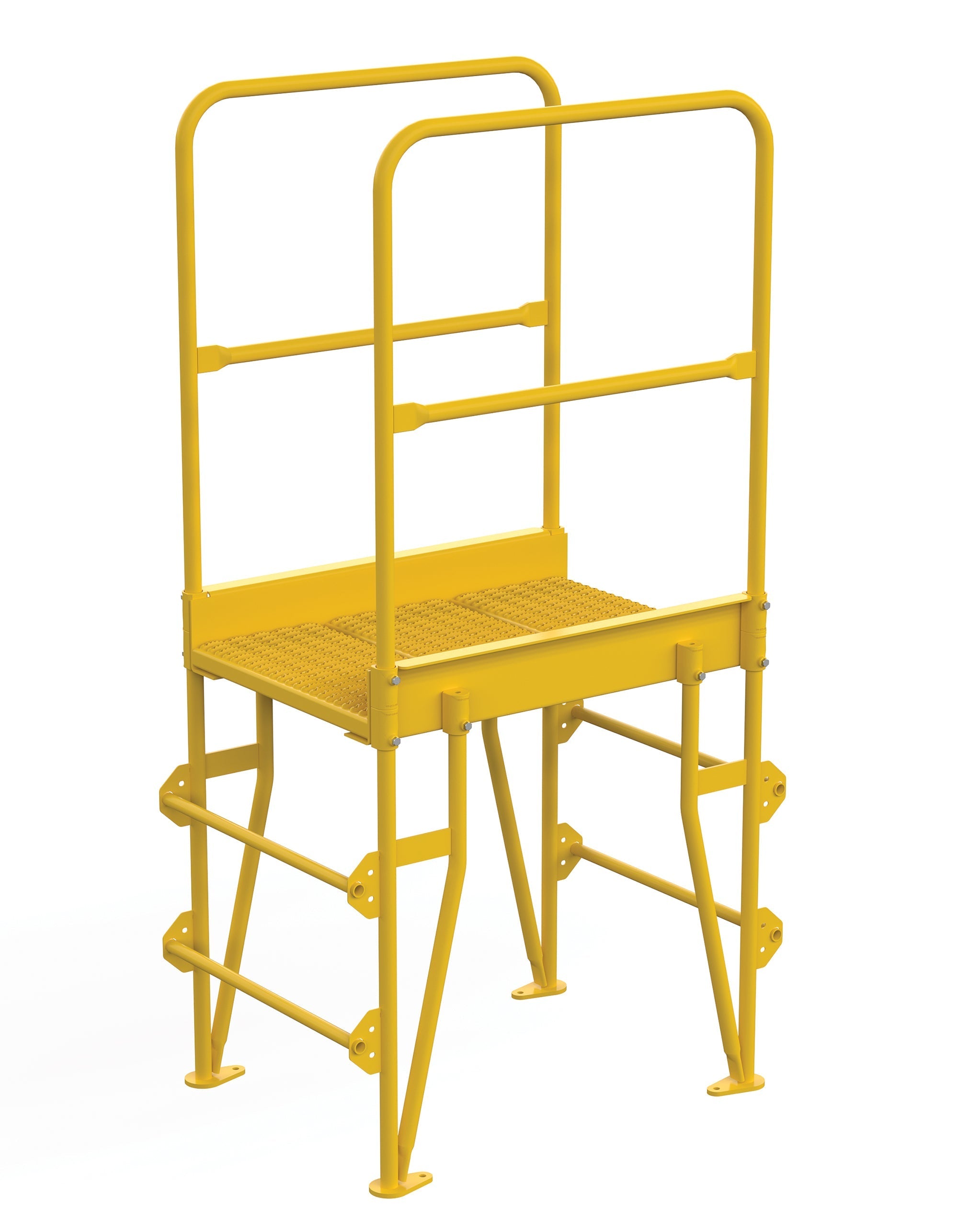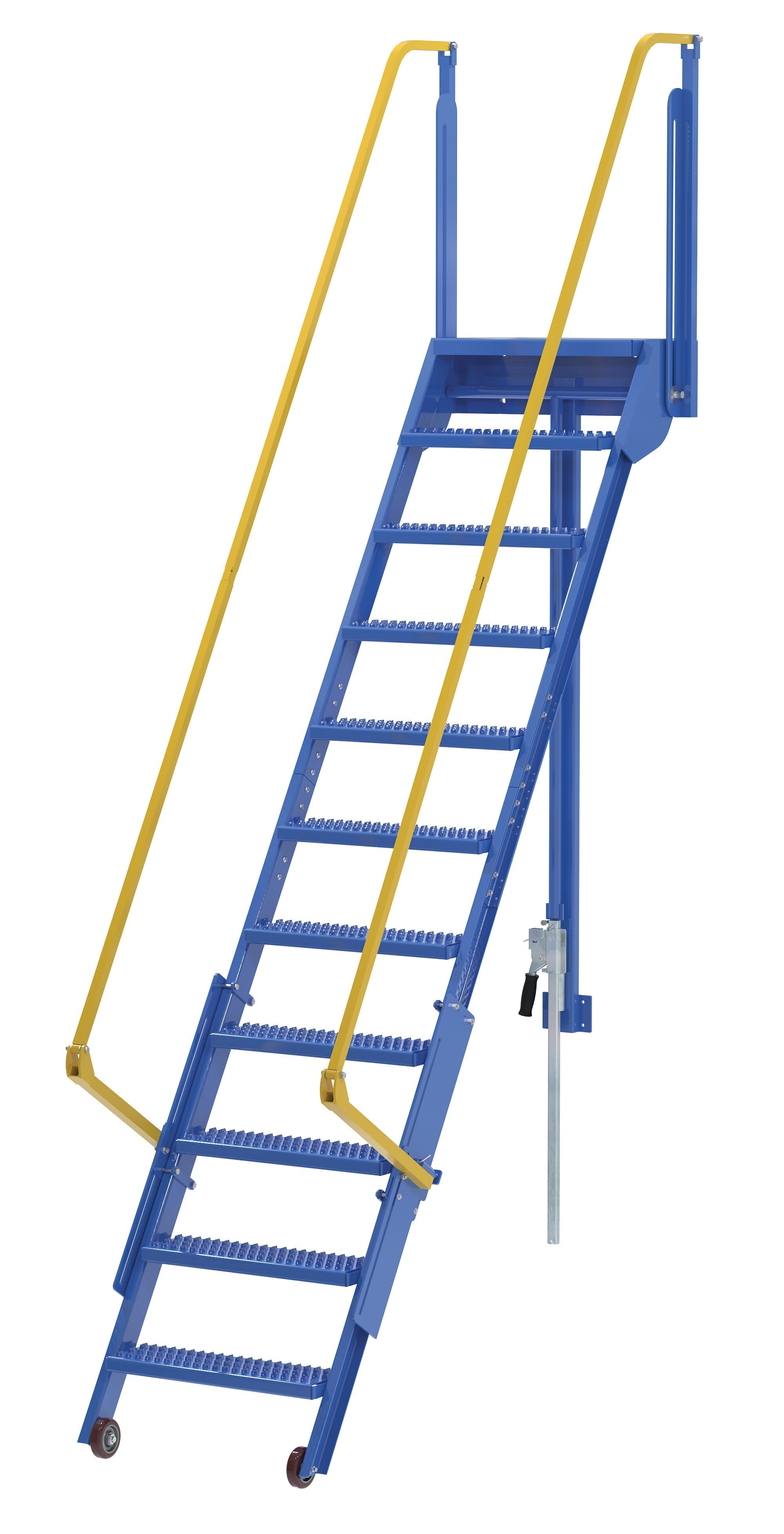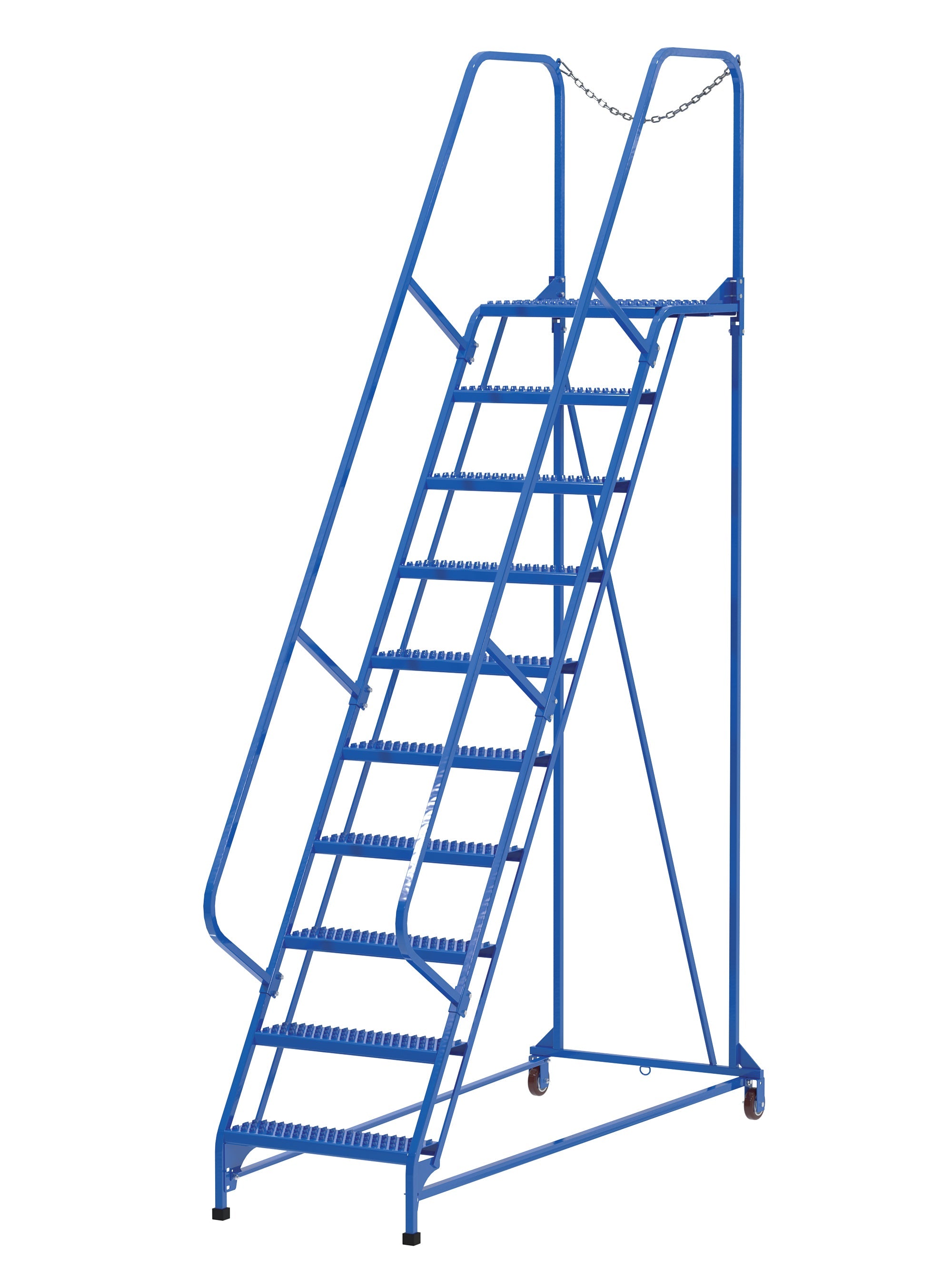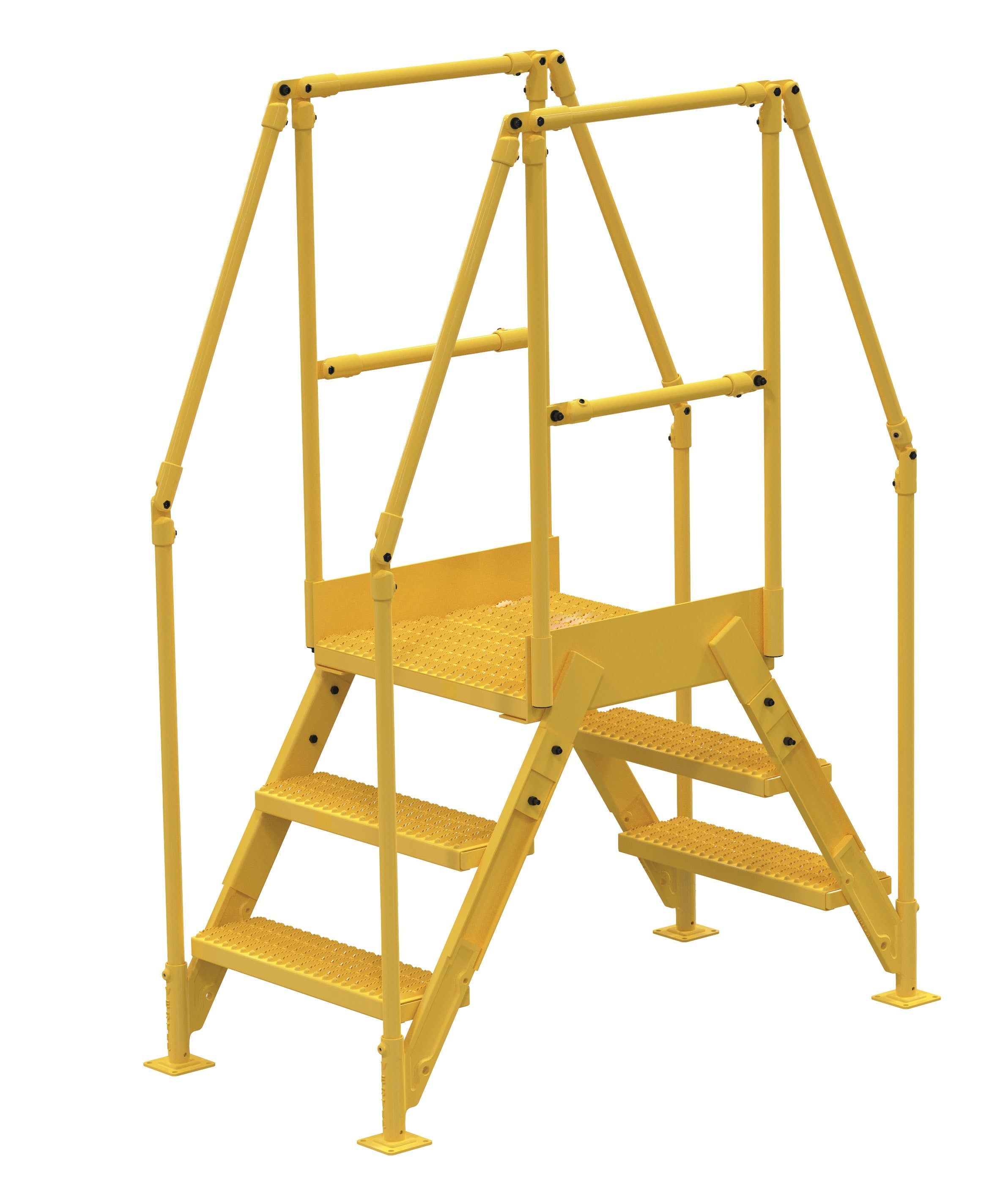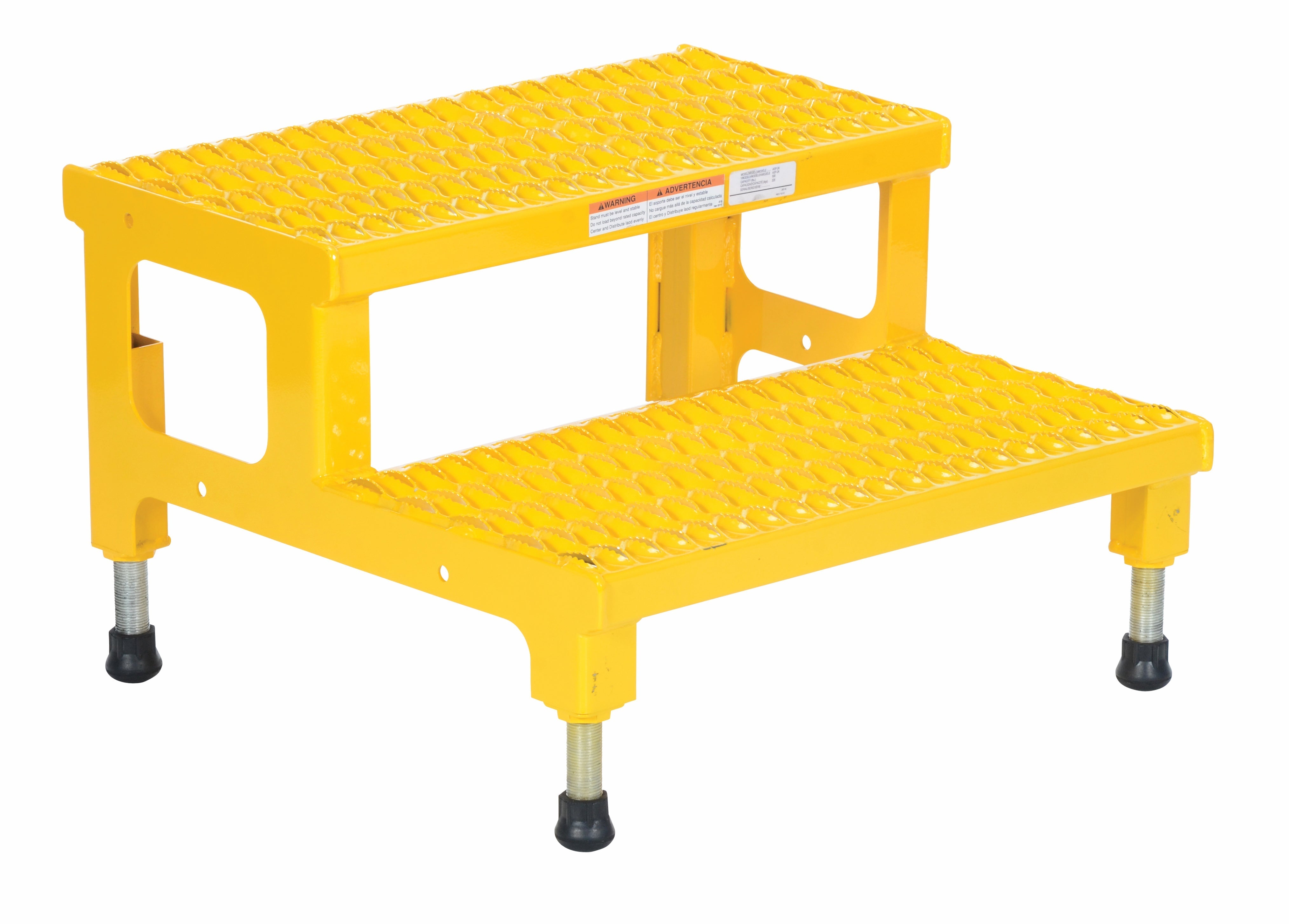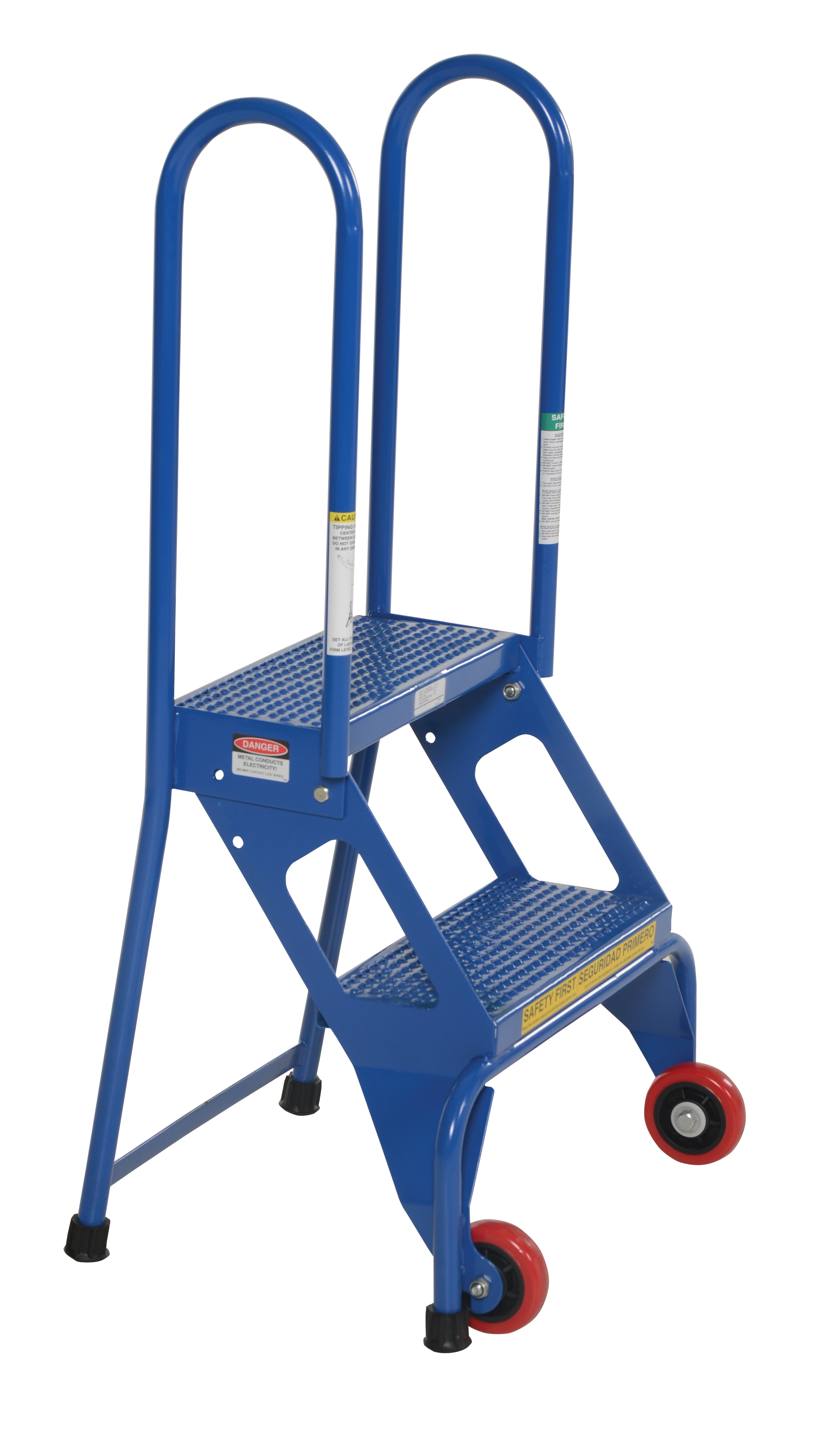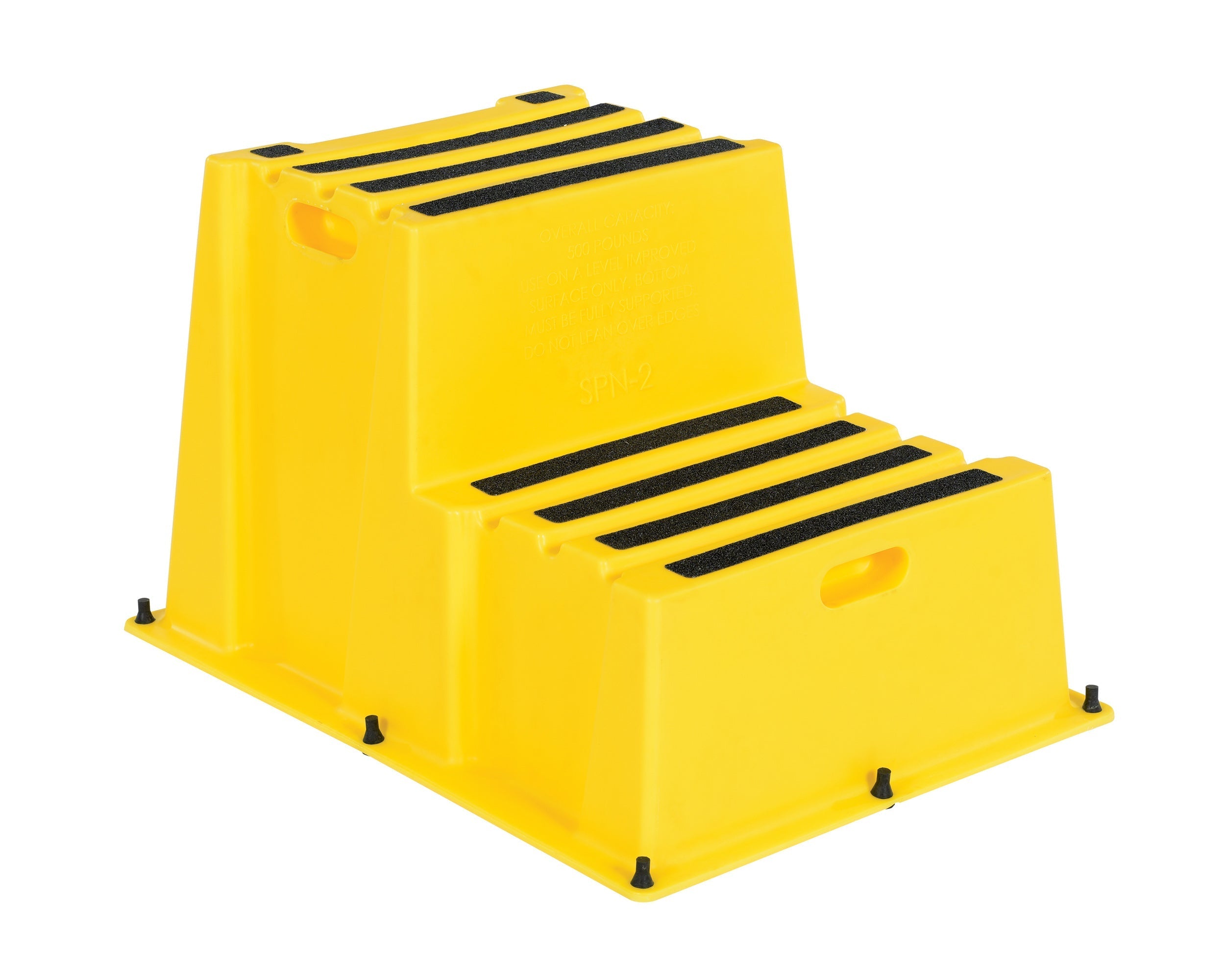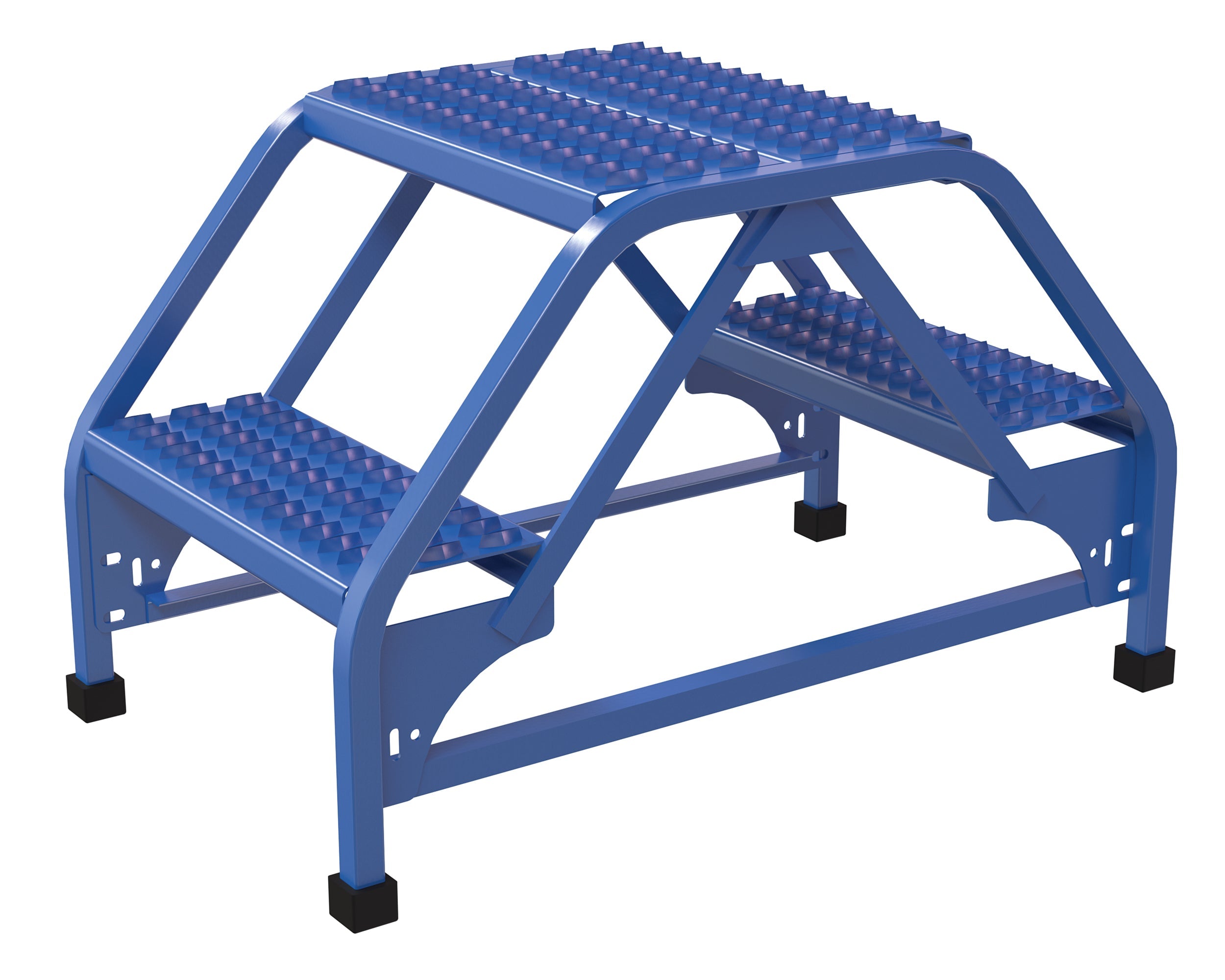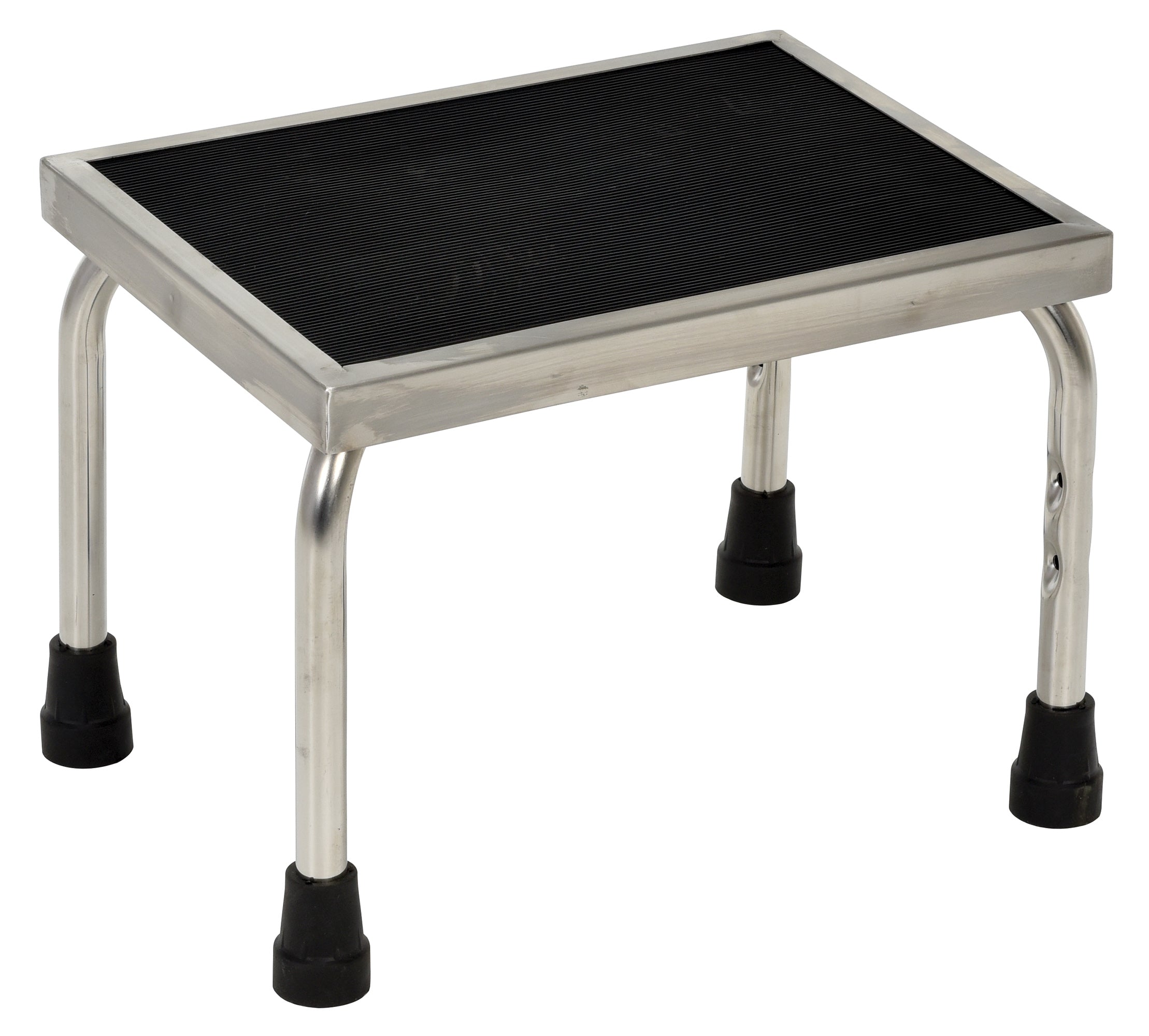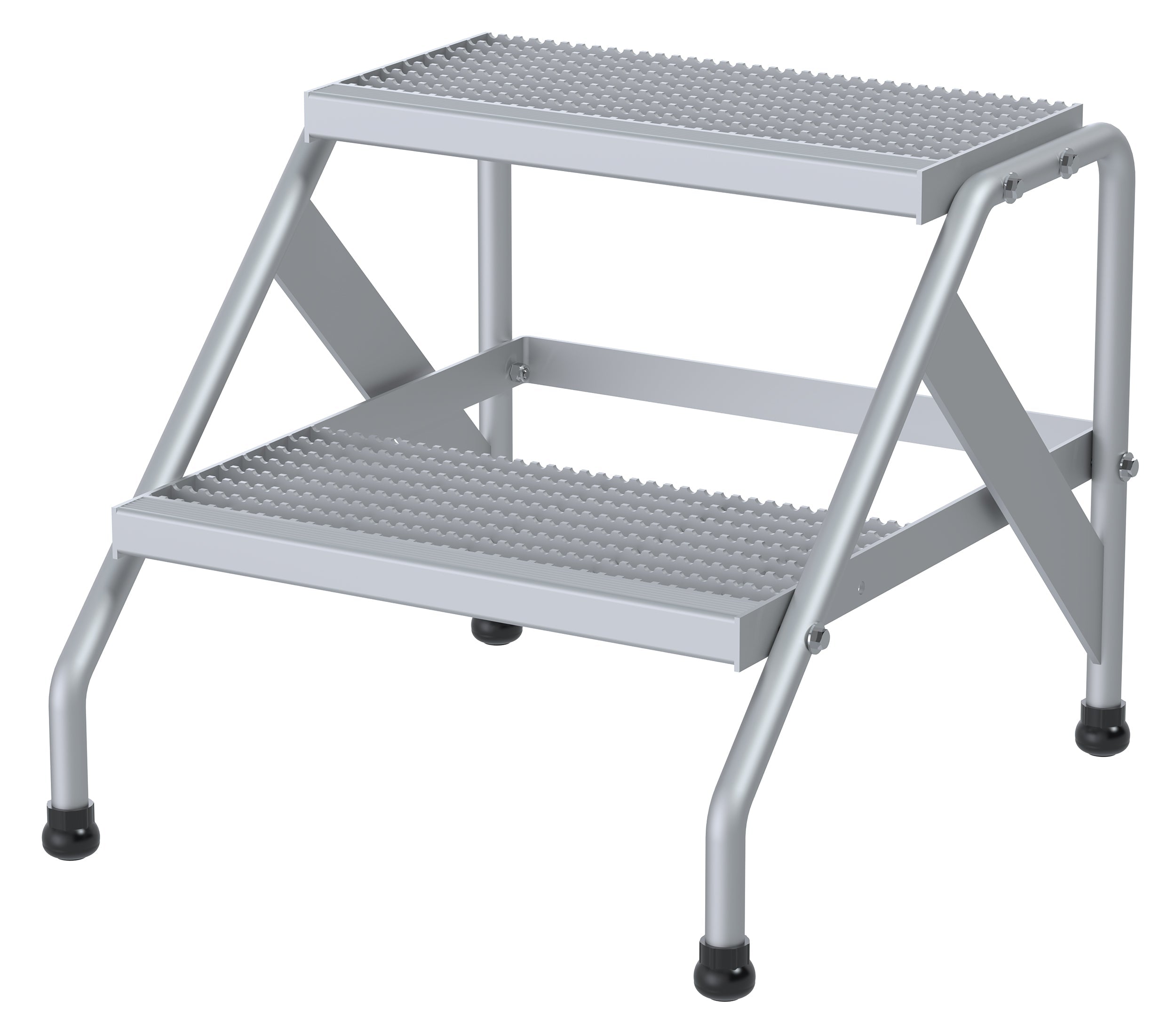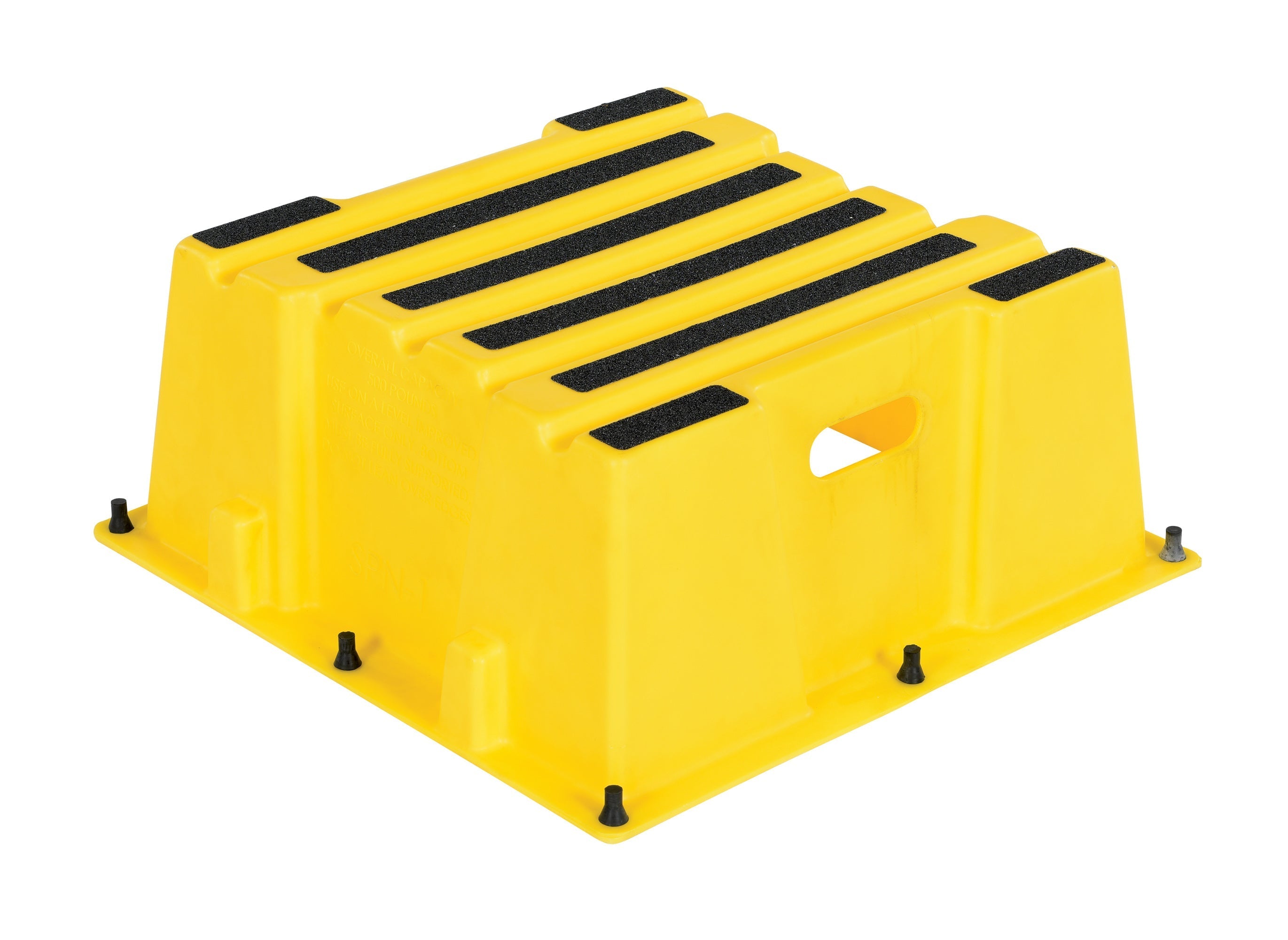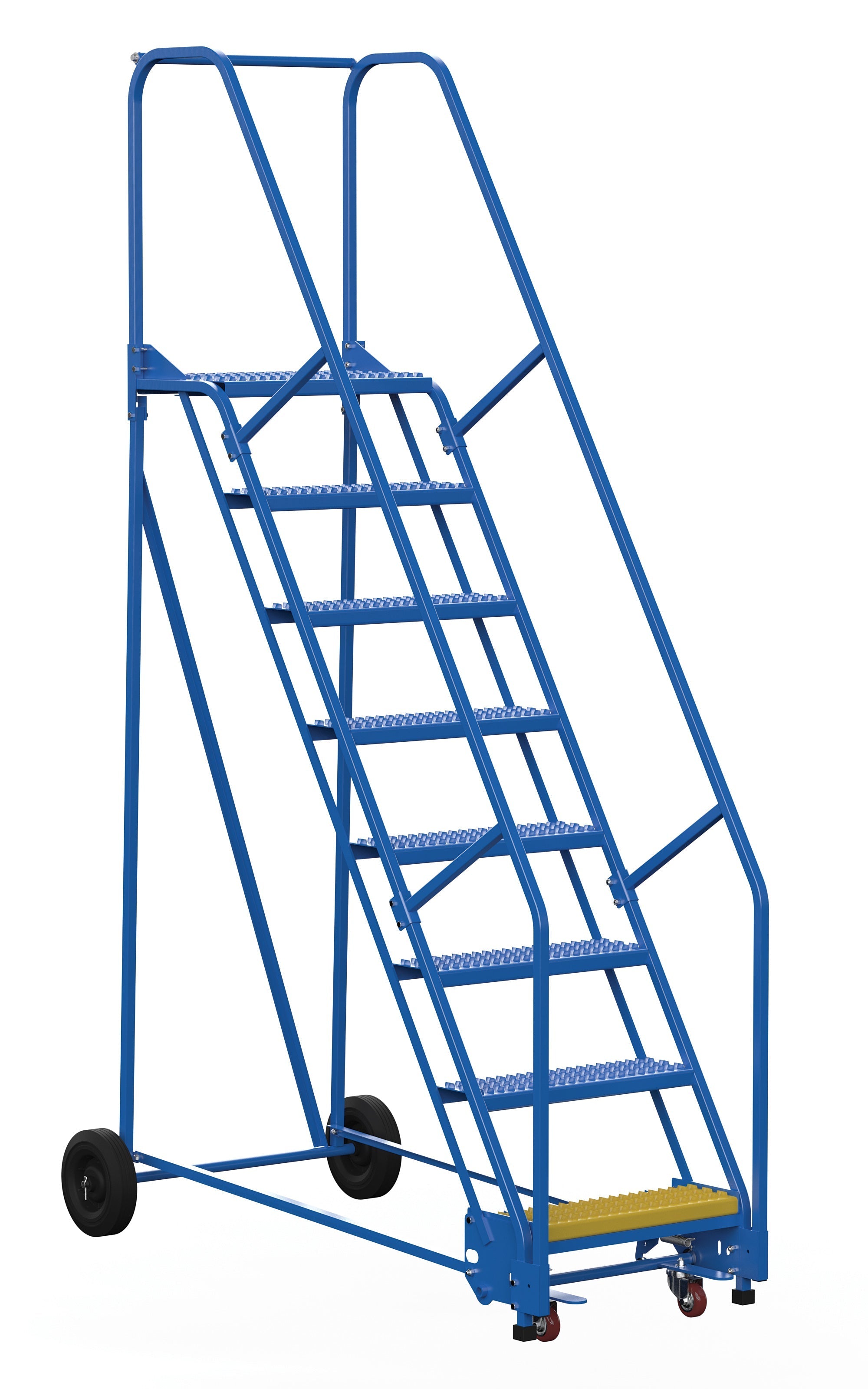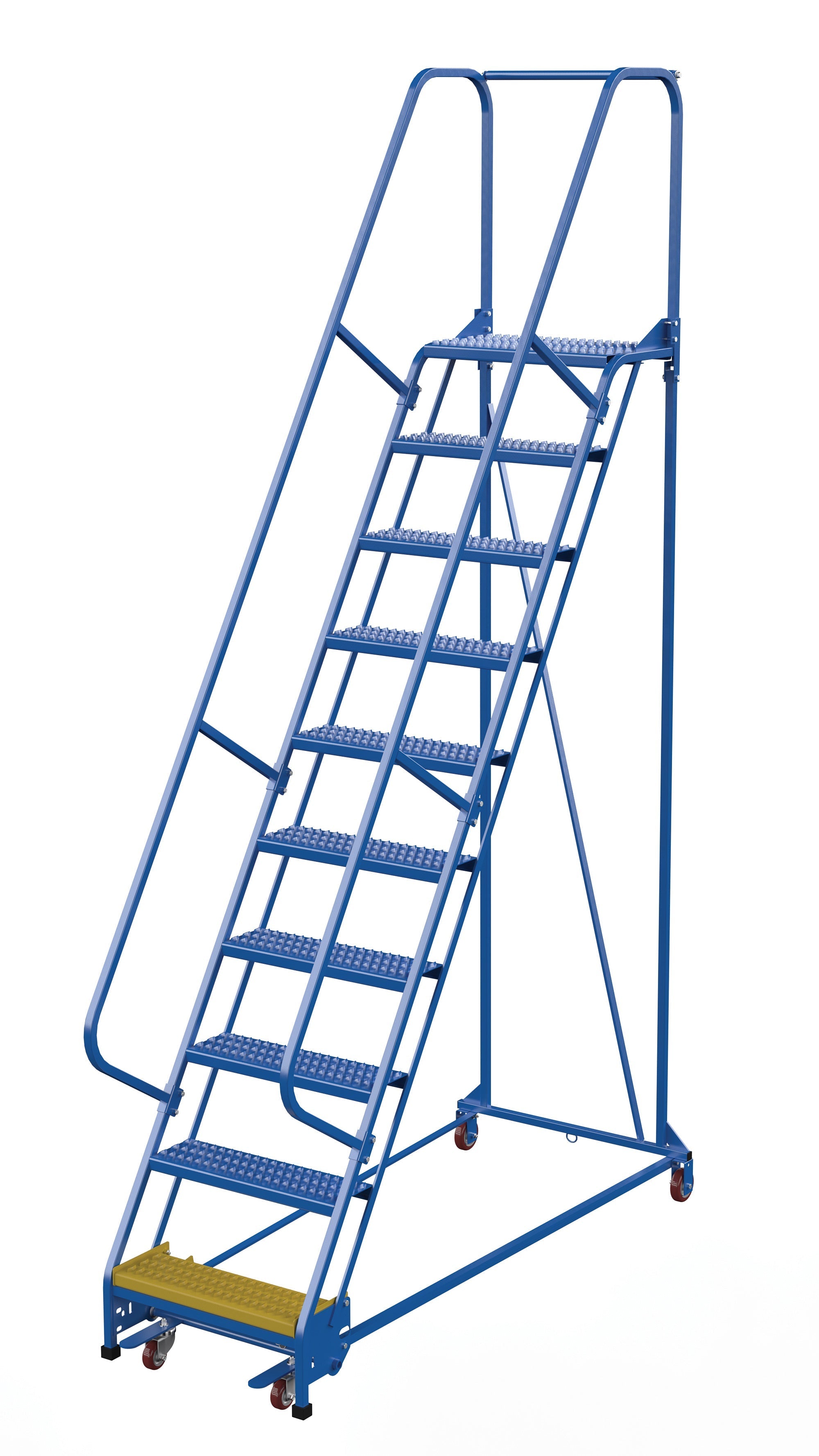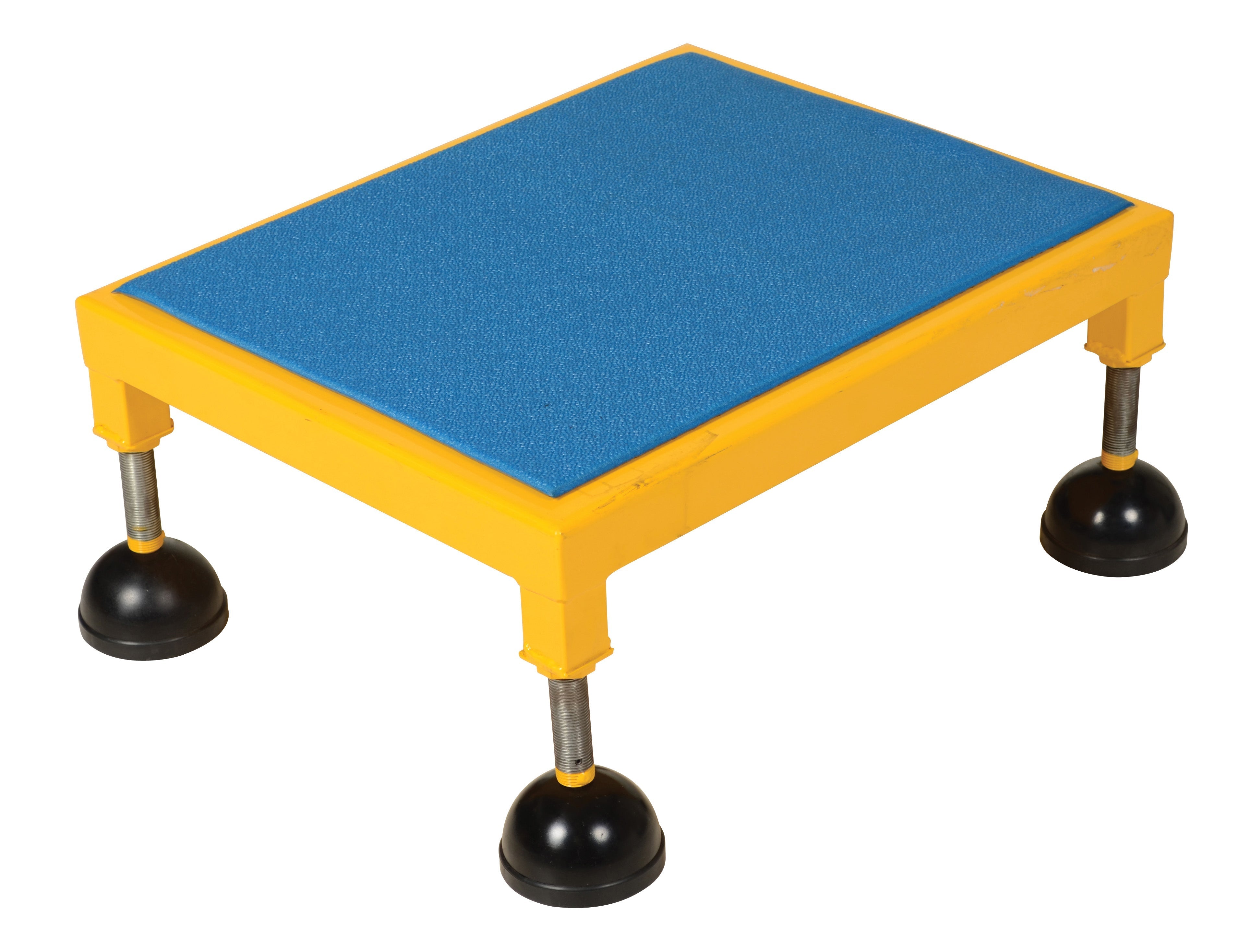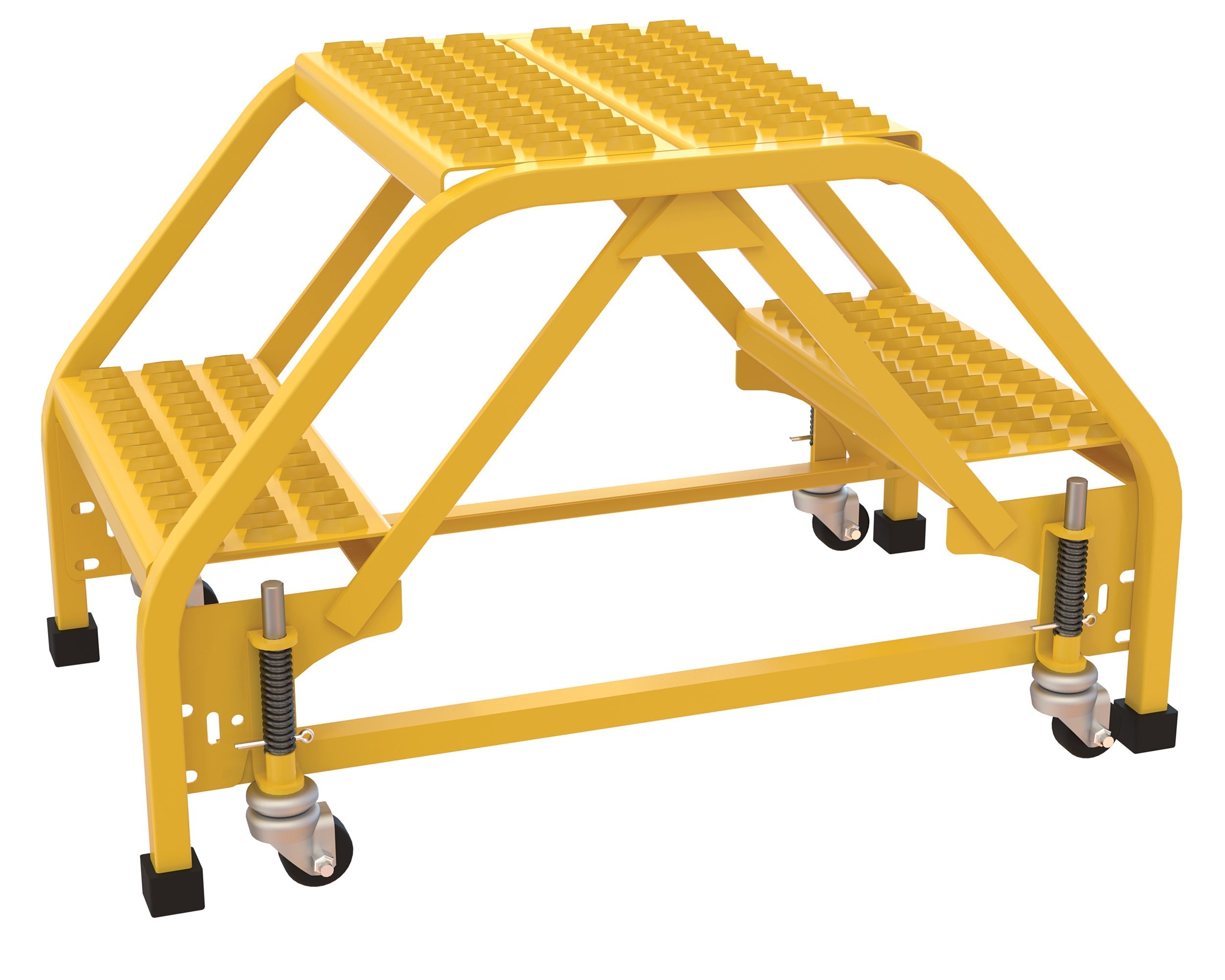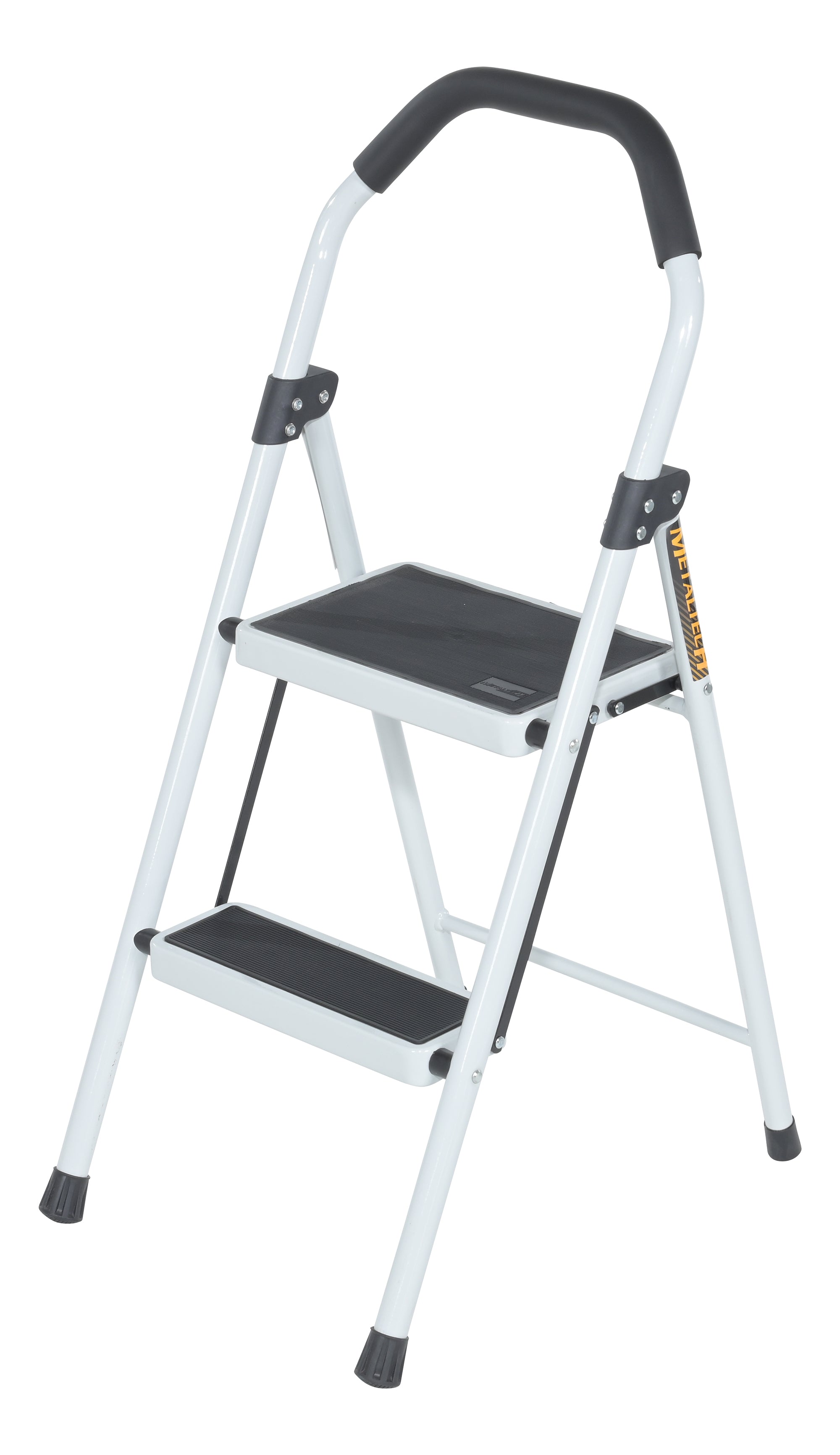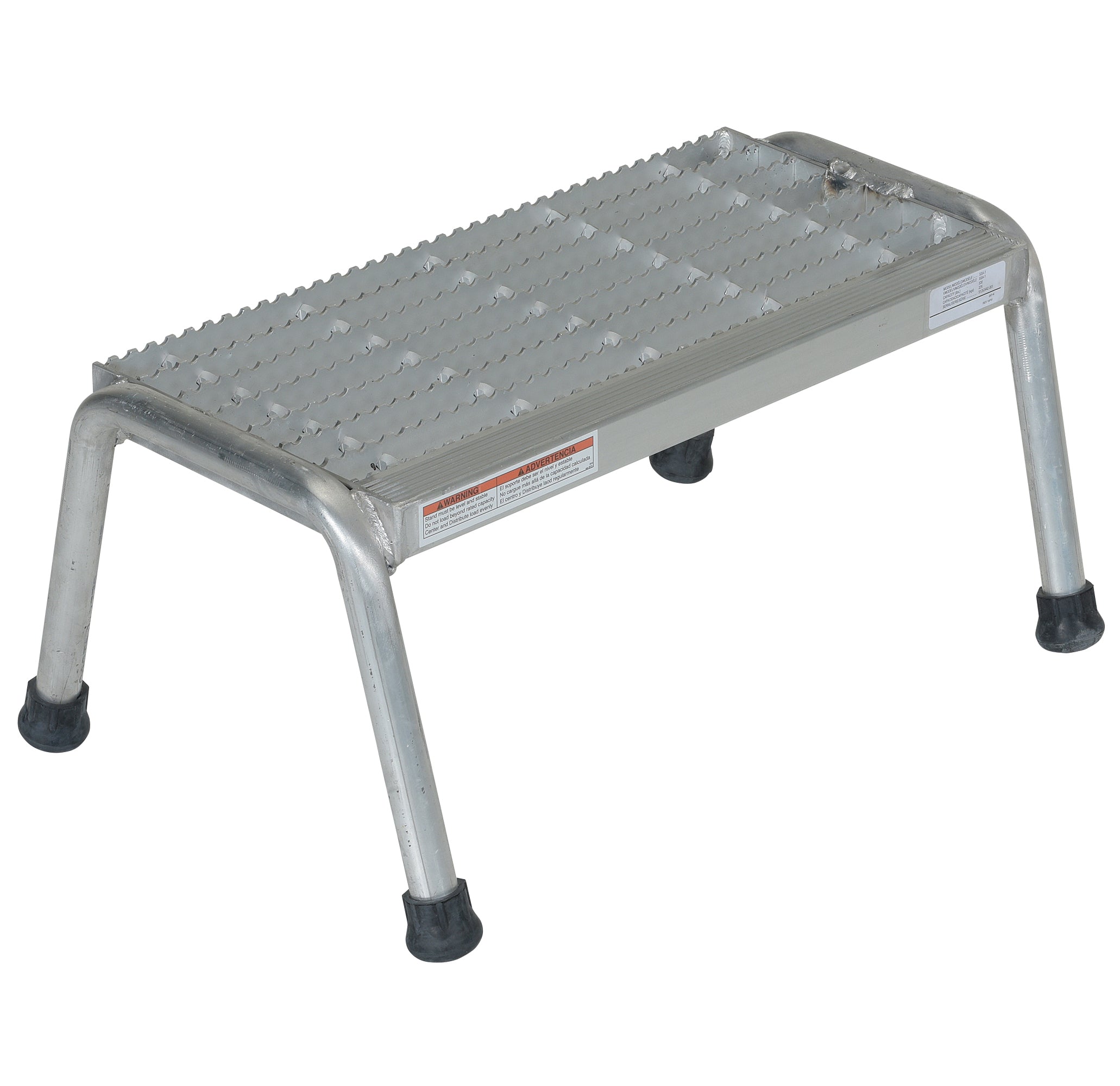Home / Manejo de materiales / ... / Ladders
Ladders
Vestil Low Profile Steel Adjustable Height Work-Mate Stands
Typically Ships In: 2 Business Days
Vestil High Profile Steel Adjustable Height Work-Mate Stands
Typically Ships In: 2 Business Days
Vestil Mezzanine Ladders (face mounted/retractable)
Typically Ships In: 30 Business Days
Vestil Standard Slope Ladders With 23 In. Wide Top Step
Typically Ships In: 30 Business Days
Vestil Low Profile Portable Adjustable Height Worker Stands
Typically Ships In: 20 Business Days
Shop Professional-Grade Ladders Built for Daily Use
Ever used a ladder that felt like it might collapse any second? That feeling doesn't belong in a workplace.
The ladders we stock stand firm through regular use. Thicker metal. Stronger joints. Better footing. These features matter when you're focused on a task above your head.
Factory floors and warehouses need ladders that handle industrial conditions. Frequent moving. Rough surfaces. Exposure to spills and chemicals. These environments put equipment to the test daily.
Check the weight ratings on our industrial ladders. Most support substantial capacities - enough for a worker with tools and materials with room to spare.
Buy the ladder that solves your specific height access problems. Extension models reach high spots. Step ladders stand independently. Platform versions give you a place for tools while you work. Order the right type and make overhead work safer and more efficient.
Step Stools for Quick Access
Some jobs don't need a full ladder setup. When you just need an extra foot or two of height, our industrial step stools deliver that boost without the bulk.
We don’t sell flimsy workplace items. Our tools are built with stability in mind. Solid construction prevents wobbling that makes reaching feel risky, and locking mechanisms keep everything rigid when opened.
Most are designed for easy storage between uses. Keep them handy in maintenance areas, stockrooms, or anywhere staff regularly need that little bit of extra reach. Their compact size fits in vehicles for mobile crews that can't haul full ladders to every job.
Step Stands for Extended Overhead Work
Working at height gets tougher the longer you stay there. Our step stands give your team stable footing for those extended overhead tasks.
Unlike traditional ladders, step stands create a solid surface to stand on. This difference reduces fatigue during longer jobs and lets workers concentrate on their task instead of maintaining balance. The larger surface area provides room to adjust position without climbing down and moving equipment.
Trusted Brands, Long-Term Value
We only stock ladders from manufacturers with a deserved reputation for durability and field-tested designs. When you spend on equipment, you want gear that holds up, not something that ends up in the scrap pile after a few months.
Order Ladders with Confidence Today
See the ladder you want? Go ahead and place your order. Most models ship fast and arrive job-site ready. If you need help picking the right one, just get in touch.
The top questions
What types of ladders do you sell?
What is the safest ladder to use?
Do you sell aluminum ladders?

